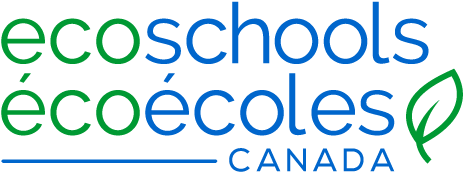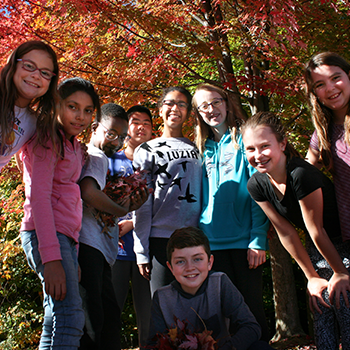It’s no surprise that on the heels of the largest Global Climate Action Week in history, climate change and the need for immediate action is in the public consciousness more than ever. Stories of youth climate action champions like Greta Thunberg are dominating news and social feeds. These indicators are encouraging: they show that more and more people are beginning to pay attention to our global climate crisis and question the status quo.
Of course, there is still a long and challenging road ahead toward making significant societal alterations to ensure a sustainable future. Because lasting climate leadership is more important now than ever, we’ve put together a few tips for working with students, educators, and peers to build the movement in your schools and communities.
Start the conversation
Climate change can be a daunting subject to talk about because of its immediacy and dire global consequences. Hosting discussions with students that leverage inquiry-based approaches is a great way to create an open and transparent setting for sharing their questions and thoughts. As mentioned in a recent EcoSchools Canada interview in Today’s Parent, it’s also helpful to frame discussions through a hopeful lens and emphasize the meaningful impact that tangible actions can have in students’ daily lives.
Take action in your school and school board
Our popular Climate Leadership Tool Kit is a helpful resource for establishing a foundation for climate action and justice initiatives in school communities. This kit lays out basic facts about climate change and details the impacts of a changing environment on human and animal population. It further provides the framework for classroom lessons and whole-school campaigns that tackle food waste, excessive consumerism, energy conservation, transportation, and more. Explore the tool kit here.
Become an advocate in your community
Going beyond your school or board office walls is an important part of practicing climate leadership. Searching out groups like Carbon Conversations TO that meet, discuss, and organize actions is a fantastic way to get involved in the local community. Sharing knowledge, inviting others to participate, and advocating for group involvement are powerful tools for building active and resilient climate leaders.
Do you have a story of climate leadership in your school community? We’d love to hear about it. Share it with us by emailing outreach [at] ecoschools [dot] ca.

